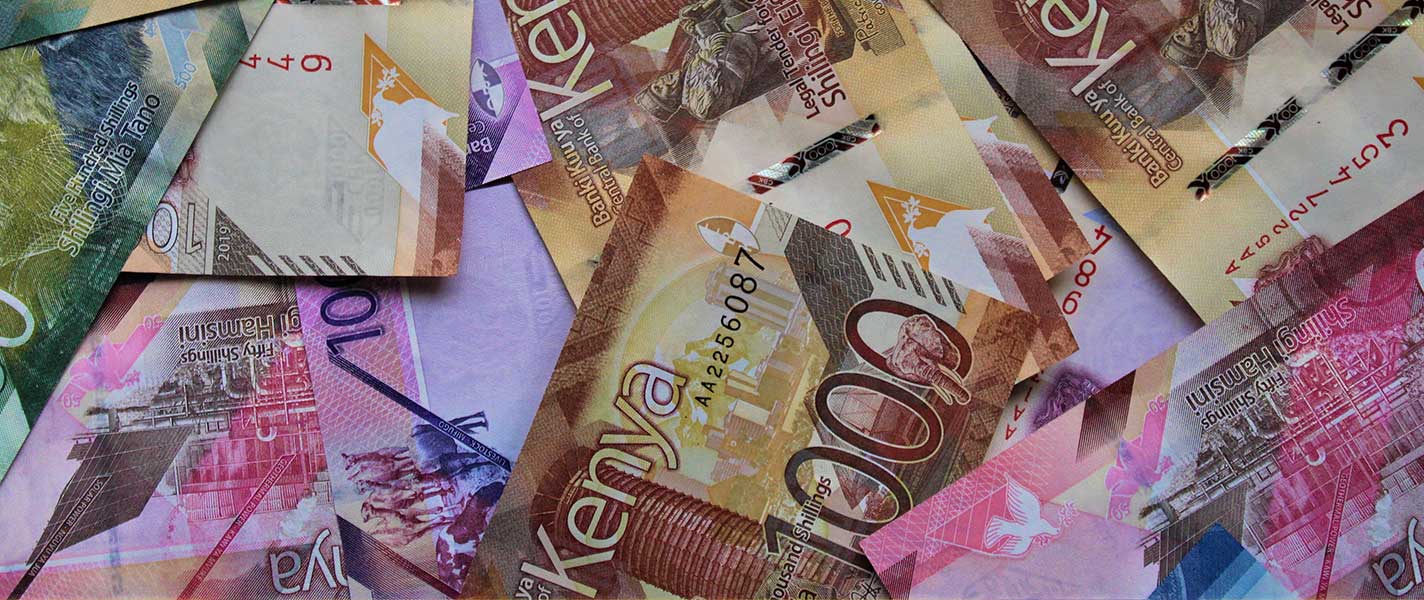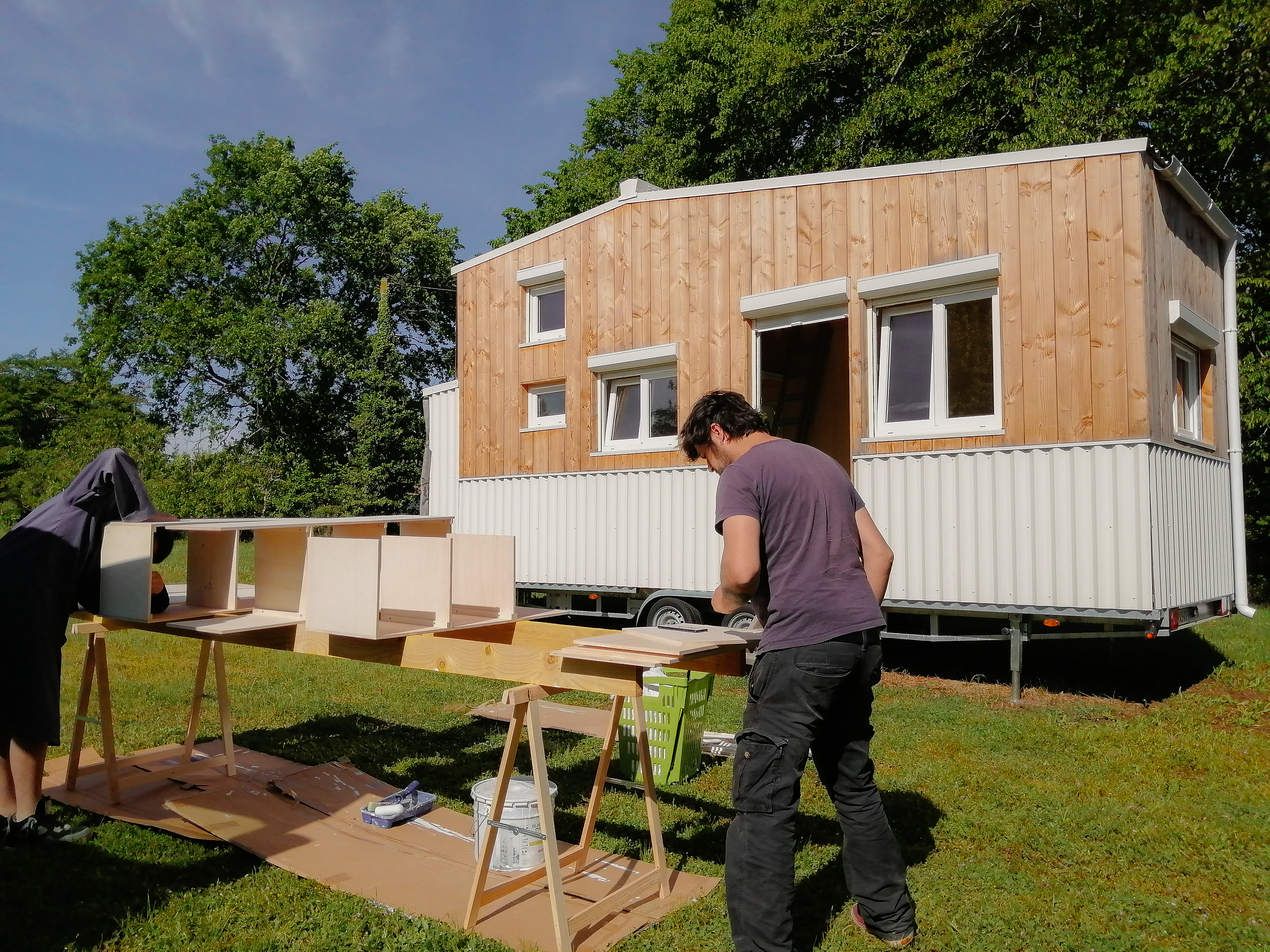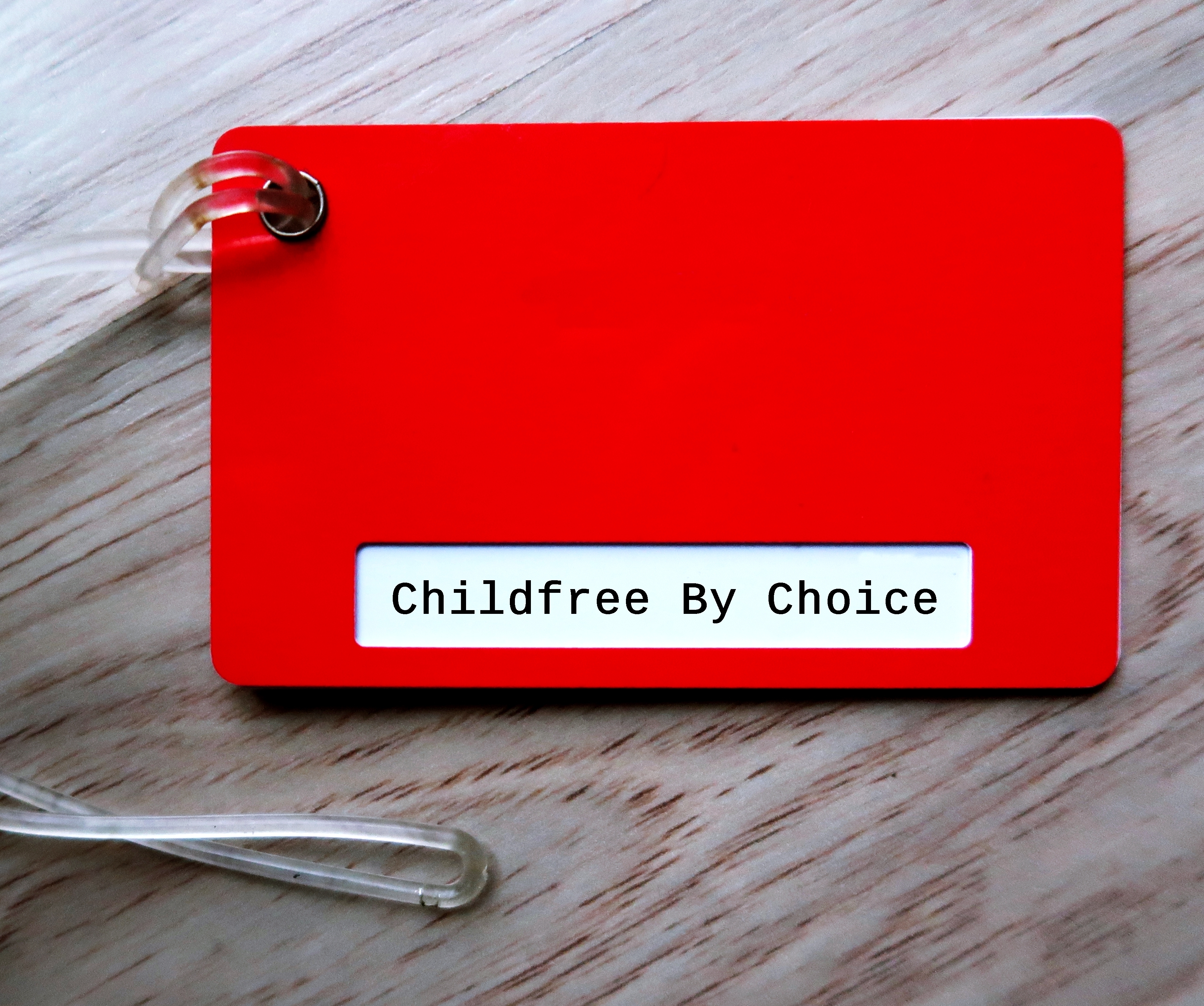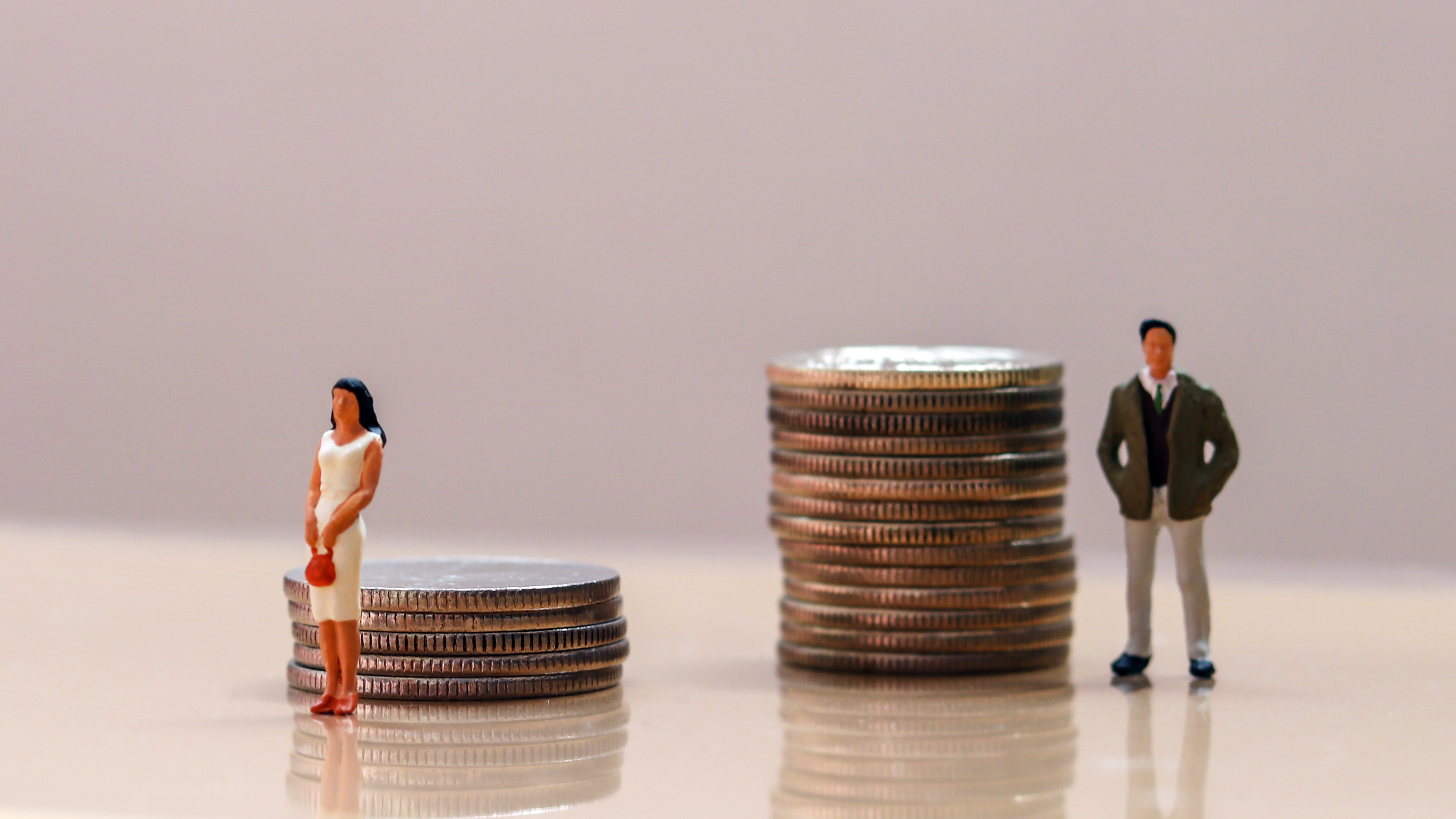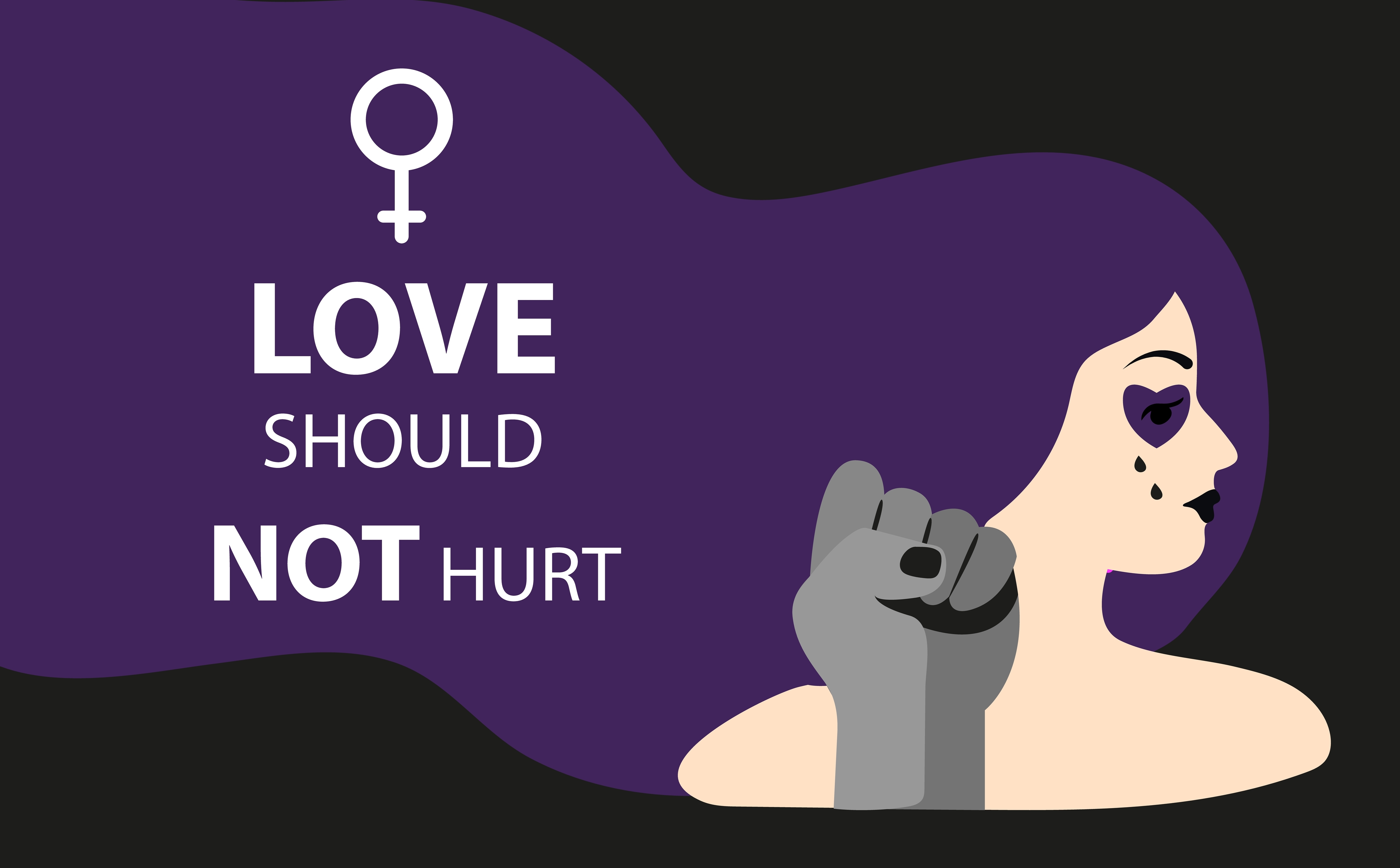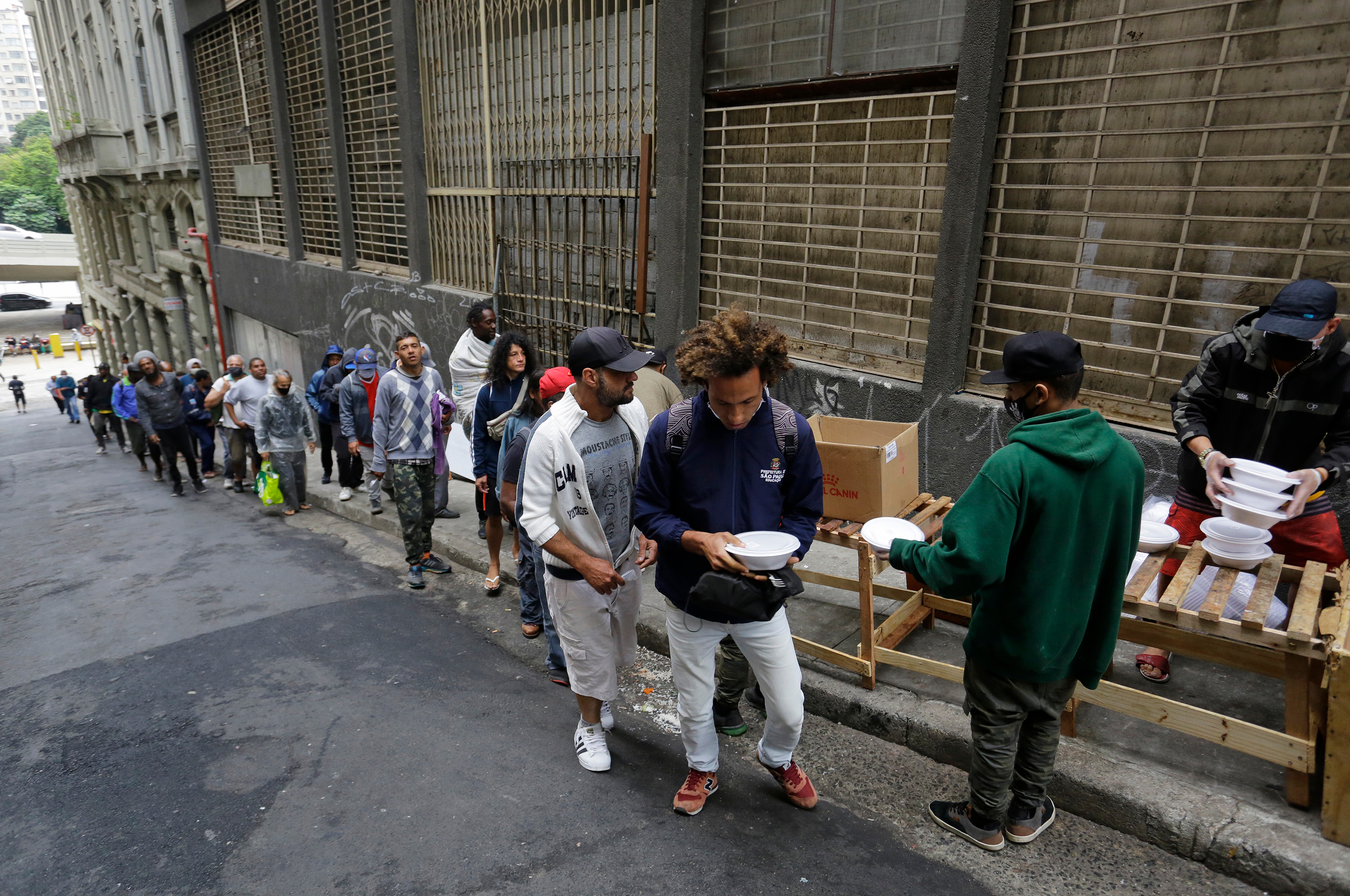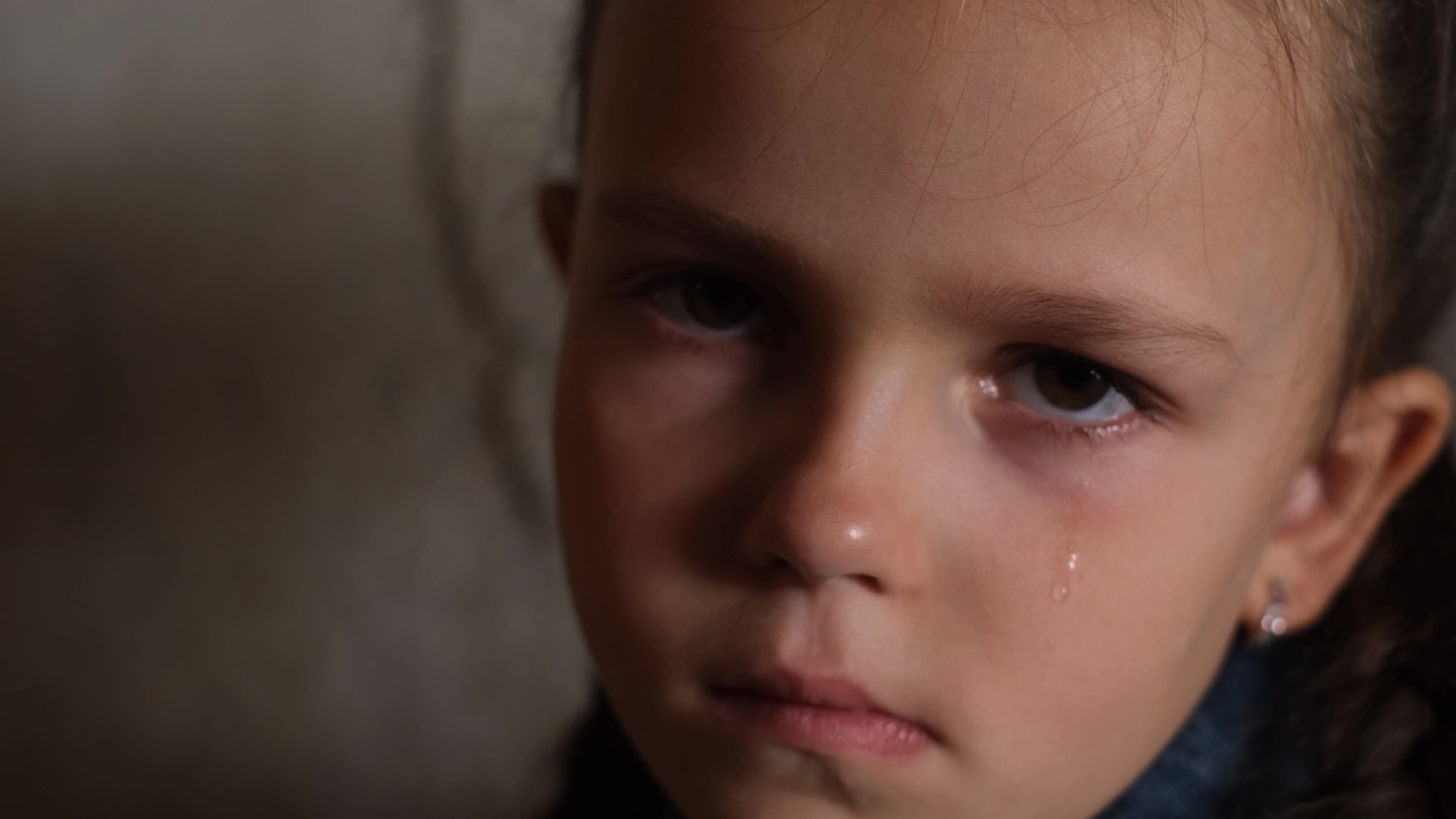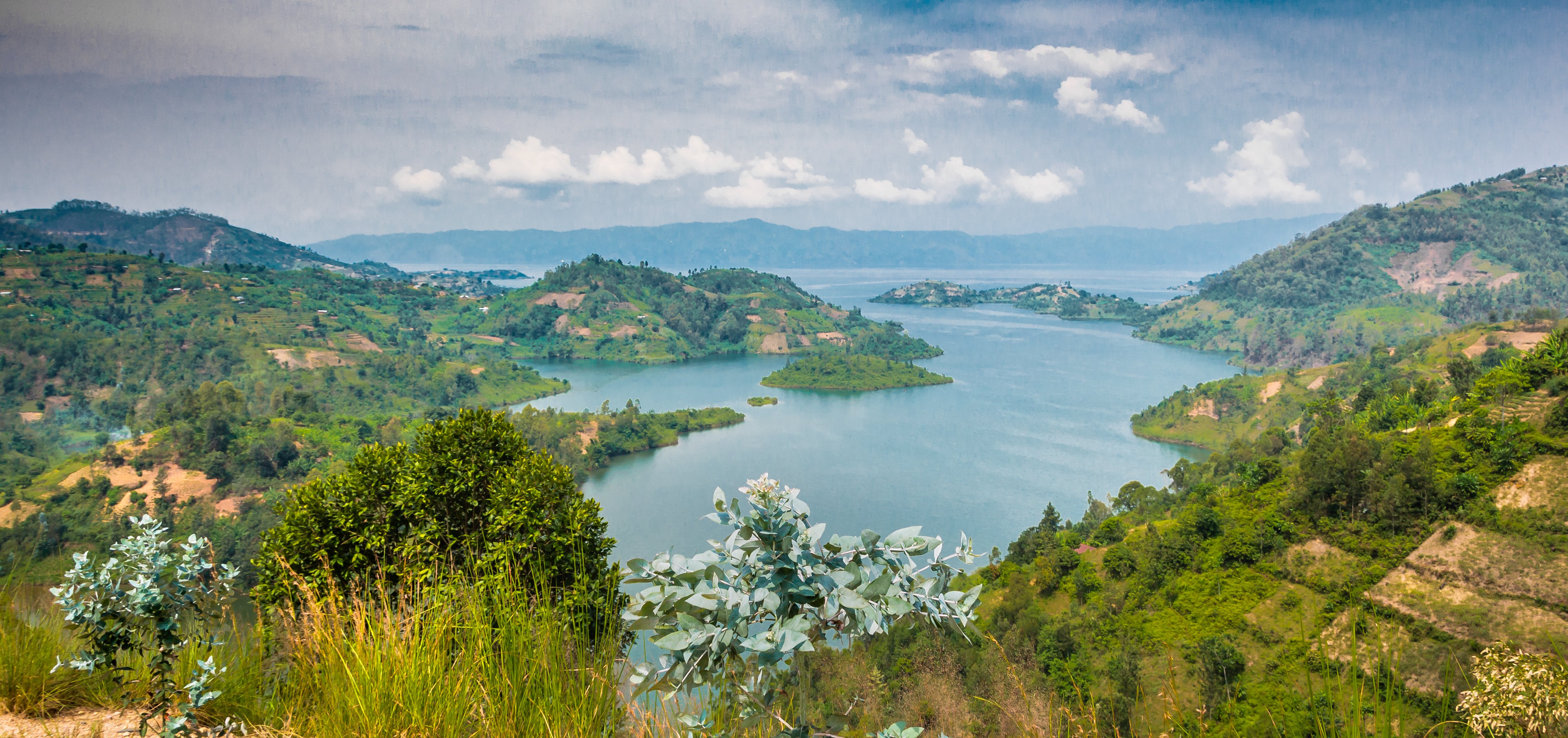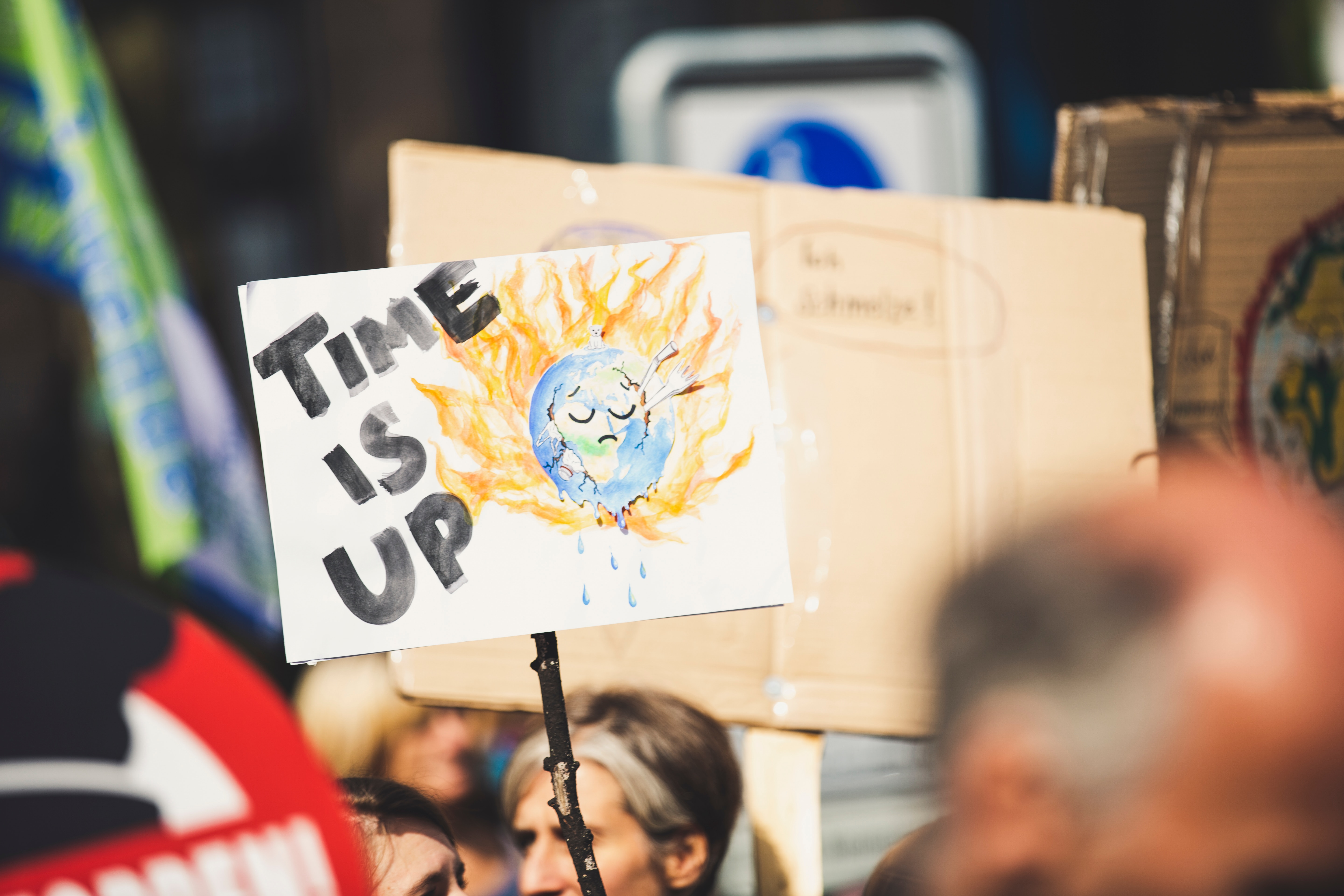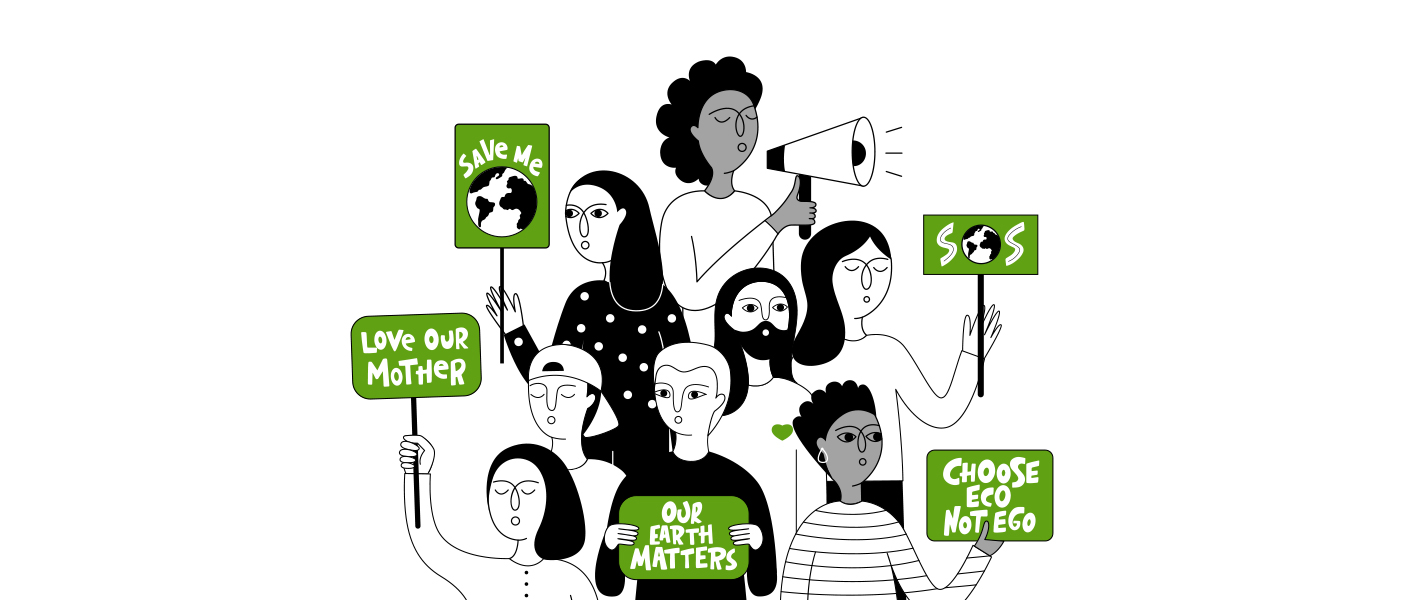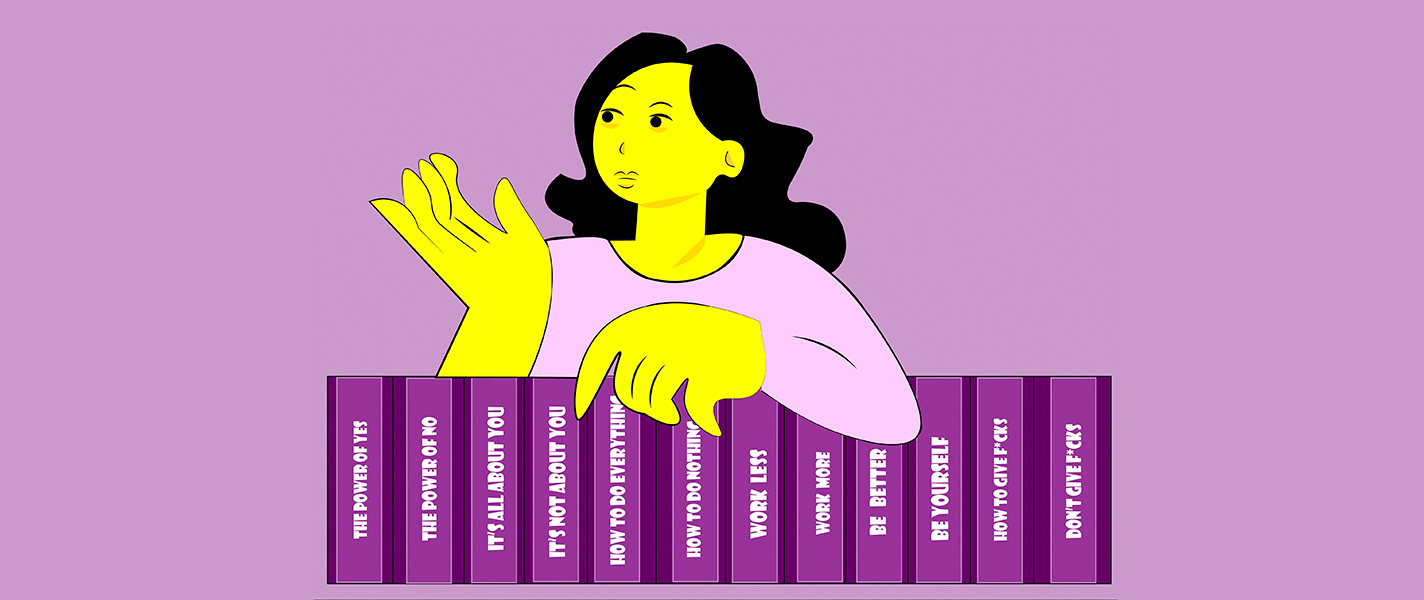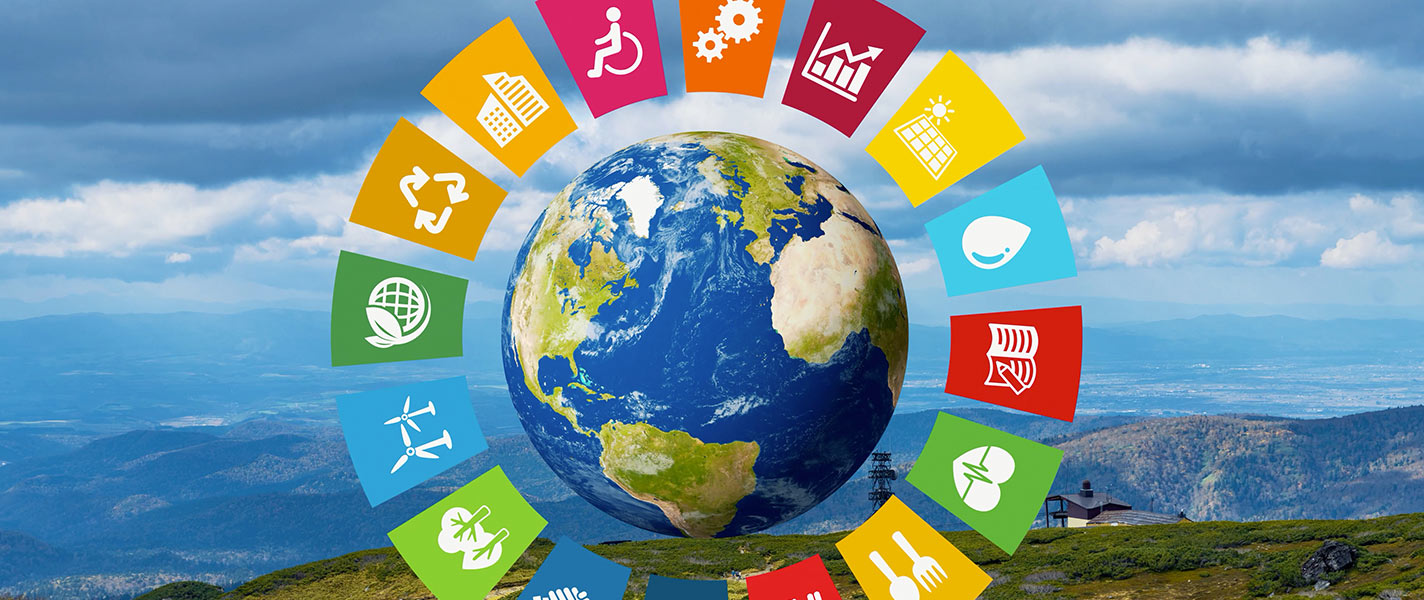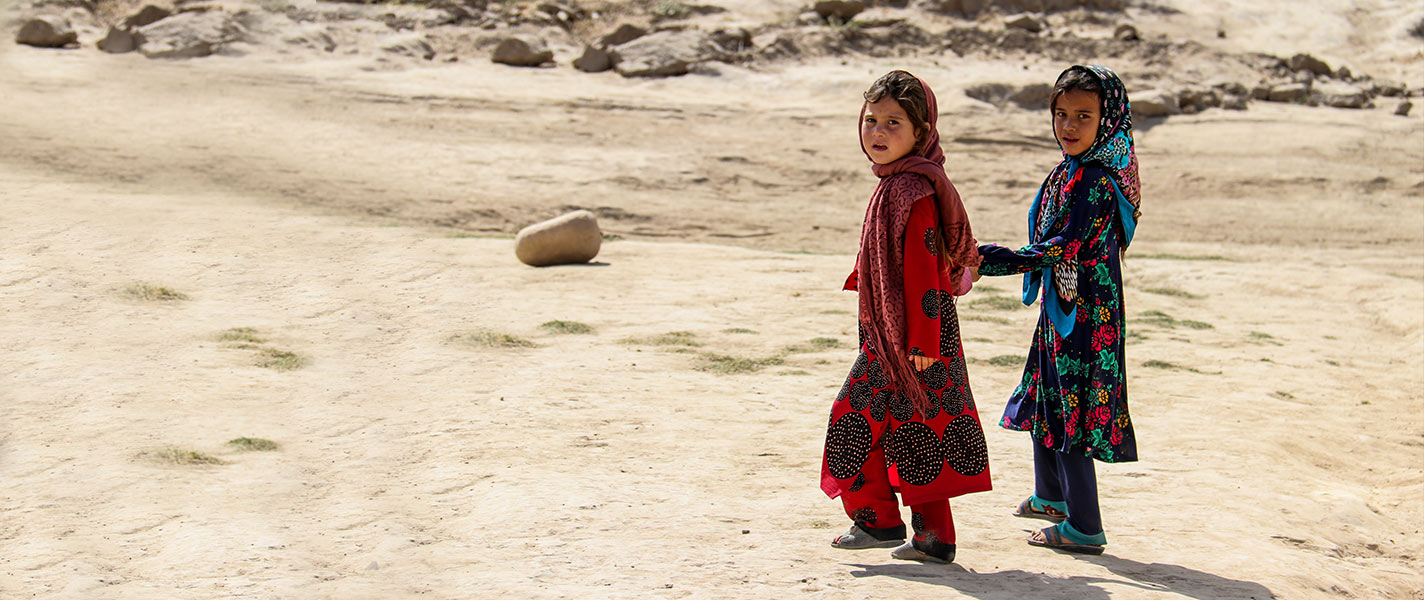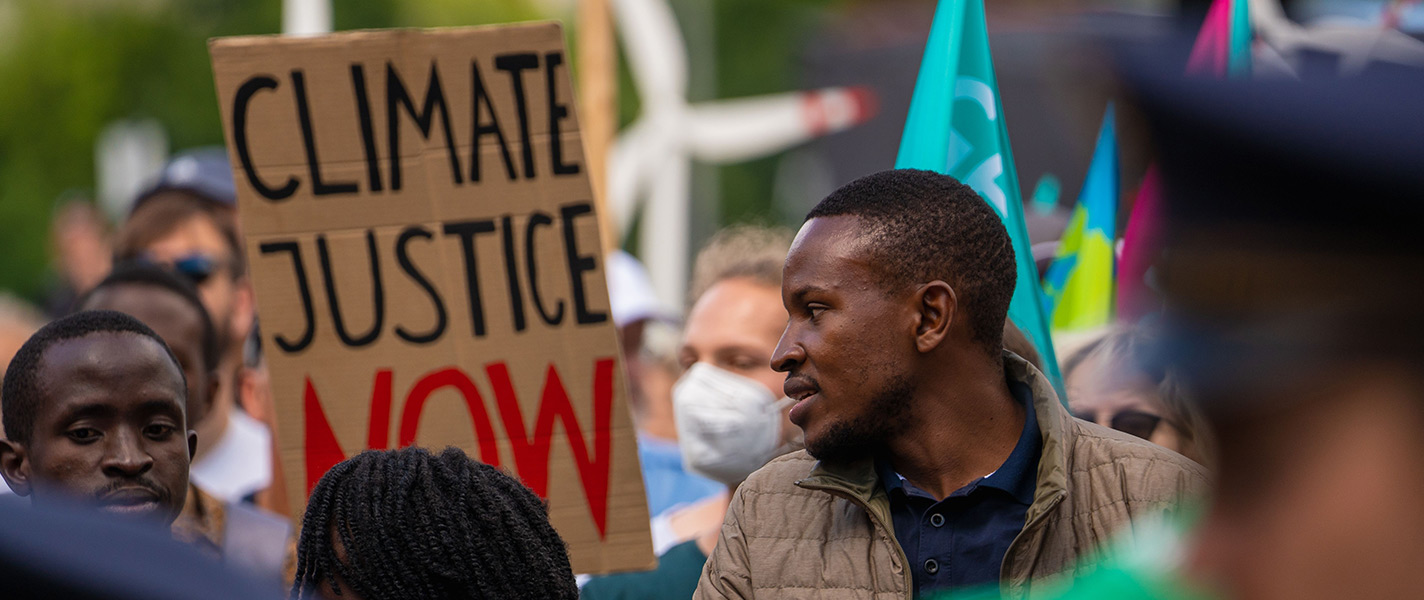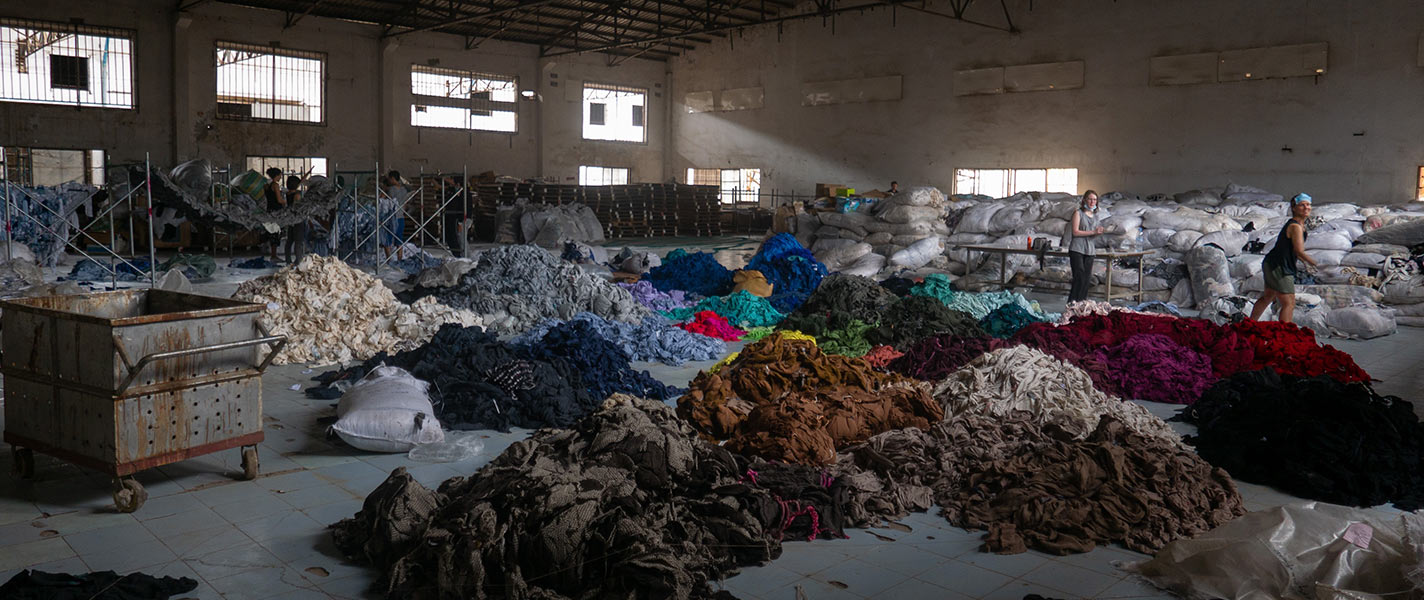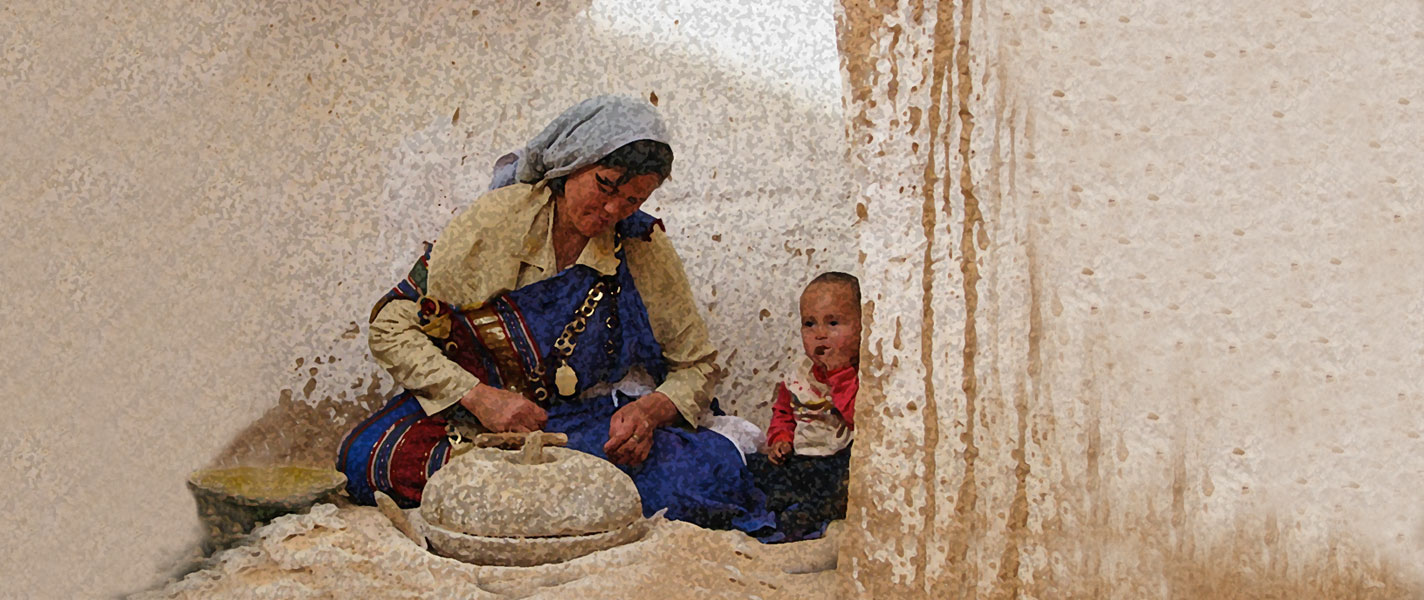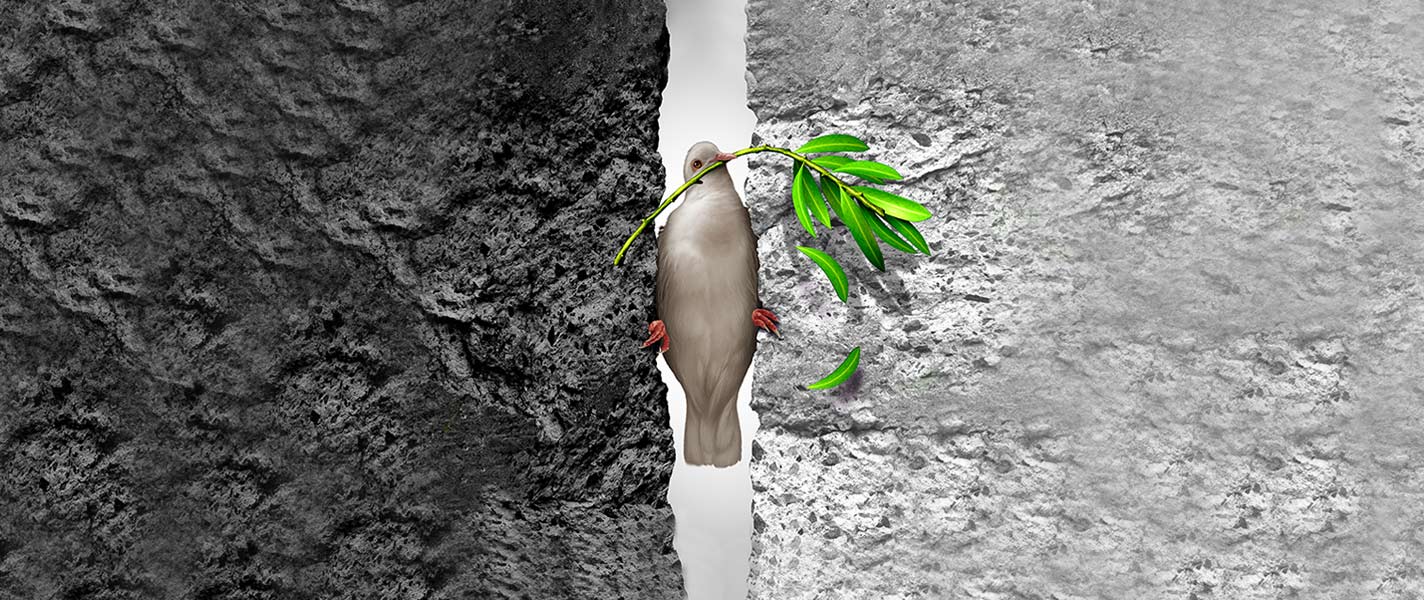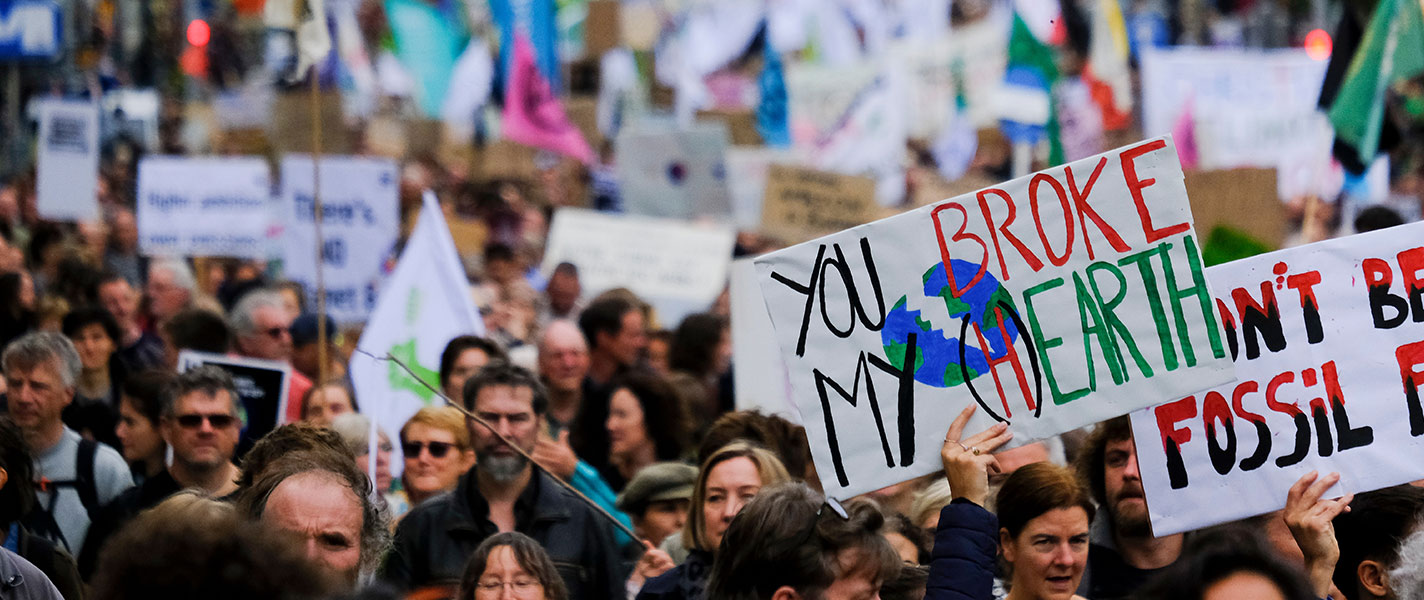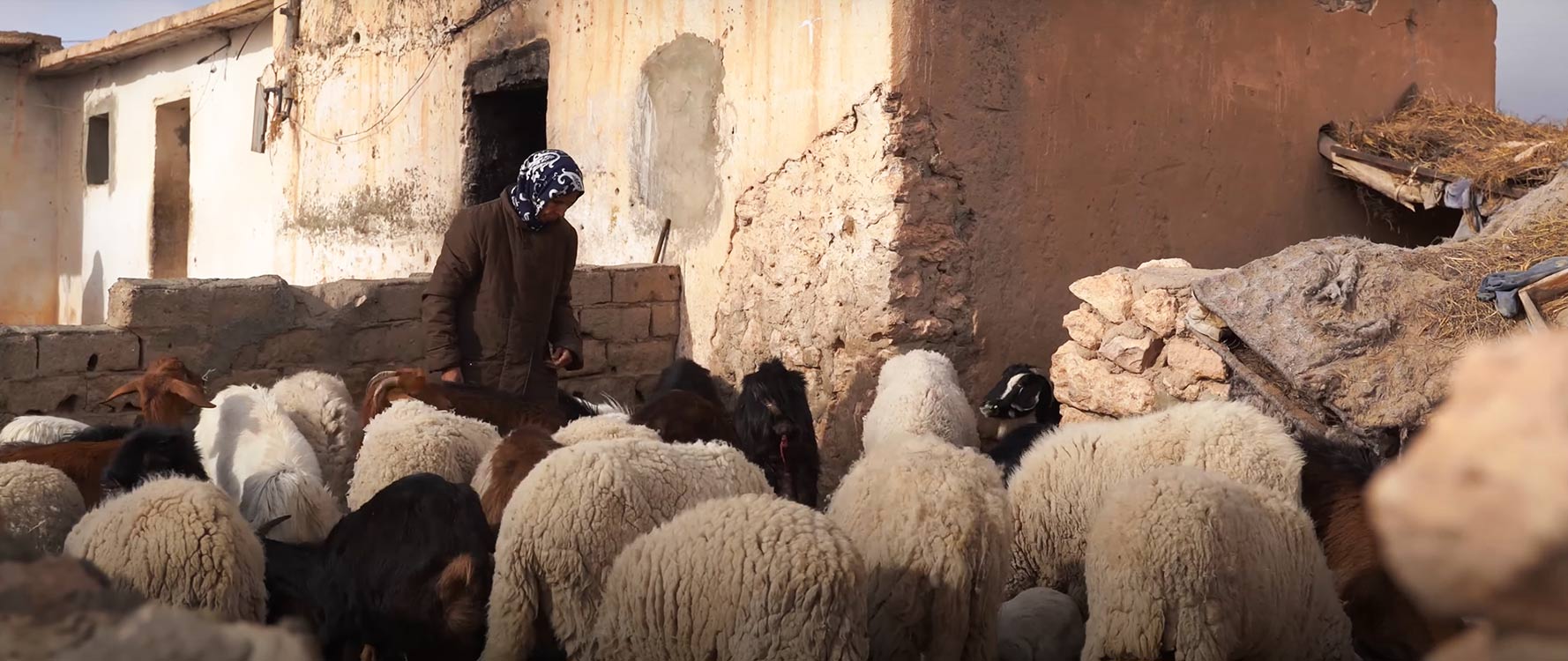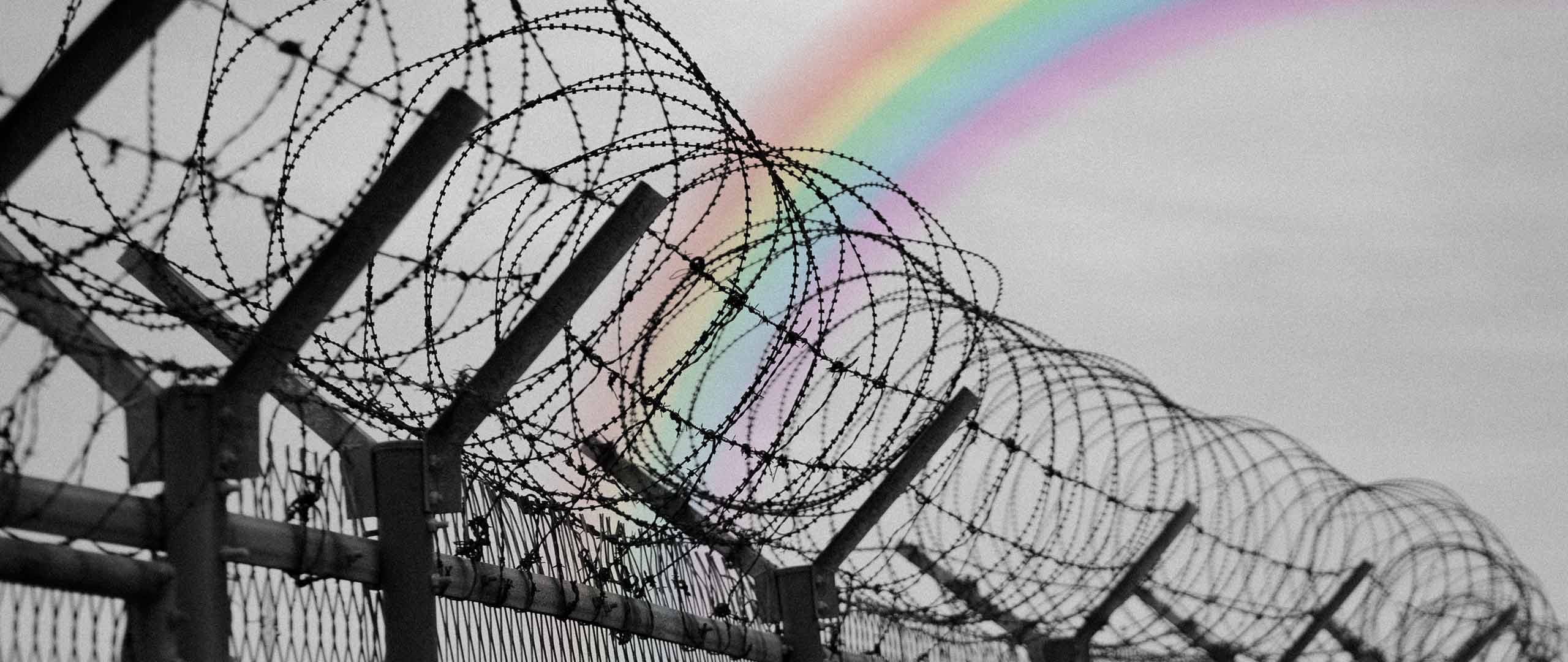Tough Economic Times: The Plight of Kenyans
As Kenyans continue to grapple with the high cost of living, the government seeks to impose more taxes potentially inflicting more pain and suffering. It seems as if the priorities of the government are not aligned with the realities of its citizens. Something needs to be done.
On May 23rd, 2023, the International Monetary Fund (IMF) and Kenyan authorities reached a staff-level agreement on the economic reforms that would allow Kenya to access more funding from the IMF. This would be through increased access under the current Extended Fund and Credit facilities( EFC/ECF) totaling around USD 544.3 million. To add, when approved, Kenya will access a new 20-month Resilience and Sustainability Facility that will run concurrently with the EFF and ECF until April 2025 to help the country address climate change and deliver on its commitments under the Paris Agreement.
This comes as a result of the tough economic situation the country is in. Slow economic growth, relatively high inflation, weakening shilling, climate change, and recent global developments have made it difficult for Kenya to access funding from the international markets. This month, ratings agency Moody’s downgraded Kenya’s foreign currency issuer ratings from B2 to B3 classifying Kenya as a high credit risk country. This has reduced confidence among lenders as Kenya faces a risk of debt default. Currently, Kenya’s national debt stands at around 9.4 trillion Kenyan shillings. In addition, the value of loan repayments is increasing as the shilling losses value against the dollar and other major currencies. Today, a majority of vulnerable populations in Kenya grapple with poverty since they cannot afford basic commodities such as flour, cooking oil, and other food supplies.
The Borrowing Spree and Corruption
At the time former president Mwai Kibaki left office in 2012, Kenya’s public debt stood at around 1.7 trillion Kenyan shillings according to the Ministry of Finance. President Mwai Kibaki managed to steer the economy towards the right direction which inspired Kenyans to contribute towards the national cake by paying taxes faithfully. This was a good time to live in Kenya.
However, after the new Jubilee administration took over, things were no longer the same. The Jubilee government was ambitious and came up with an agenda to complement the Kenya Vision 2030 inspired by President Kibaki. The agenda was dubbed “ The Big 4 Agenda” focusing on four main areas of development- Affordable housing, enhanced manufacturing, universal health care, and food security. These were noble agendas but their implementation was marred with corruption and policy misfortunes which gave birth to the main economic challenges Kenyans are facing today.
The government focused on capital-intensive projects in a capital deficient country forcing it to borrow elsewhere. Even so, instead of borrowing more concessionary loans, the government borrowed expensive commercial loans from China and other financial institutions. To make matters worse, government officials have been linked to corruption cases surrounding some of these projects which are yet to be completed.
The idea of taking on debt in itself is not bad, it helps fund development when utilized well. The problem comes in when the money borrowed is embezzled or channeled to fund recurrent expenditure e.g. paying salaries instead of being invested in economically viable development projects as was the case in Kenya.
The Hustler Narrative and Misplaced Priorities
On September 13th, 2022, President William Ruto was sworn in as Kenya’s 5th president after a hotly contested general election. In his manifesto and campaigns, President Ruto promised a “new deal” for the ordinary citizen commonly referred to as Wanjiku in Kenya. He promised to lower the cost of living and lead a government that would take care of the interests of the common citizen, “hustler”, and not that of rich politicians.
However, 8 months into his presidency, Kenyans are worse off than how they were before. The government eliminated subsidies on consumption with the aim of subsidizing the production of food so as to help in the long term. The prices of basic commodities have been increasing gradually making it impossible for vulnerable populations in the country to afford decent and nutritious food. Furthermore, the government is also looking to increase taxes through a very unpopular finance bill 2023 that is yet to be passed by Parliament. If passed, the finance bill will increase VAT on fuel from 8% to 16% which will have a ripple effect on the prices of other essential commodities. The Pay As You Earn ( PAYE) deduction for people earning Ksh 500,000 and above will increase from 30% to 35%. Add to that, the government is also proposing a 3% deduction from the basic salary of the employee which will be matched with a 3% contribution by the employer to cater for affordable housing.
It is evident that a majority of Kenyans including professionals are opposed to most of the tax provisions of the bill, particularly the housing levy that the government seeks to impose. A local daily newspaper, Sunday Nation, recently reported that out of the 1000 memorandums submitted to parliament, 970 opposed the finance bill 2023. This speaks to how unpopular the bill is among members of the public. The government is trying to build affordable housing units for people who have more pressing needs like putting food on the table and taking their kids to school. Why should it be a compulsory deduction? Why build a house for someone who already owns a house? What is the guarantee that these houses will actually be built? These are some of the questions that continue to linger in the minds of most Kenyans. The National Housing Development Fund might be a noble initiative, but the timing is off.
What is the Resolution?
Overtaxing Kenyans will not solve Kenya’s financial predicaments as we do not have a revenue problem, we have a spending problem. It seems as if no one can touch the expenditure side of the budget. The government must work on increasing the tax base and creating efficient tax collection systems so as to collect more taxes. Restructuring the national debt is also a very important aspect of economic recovery. This will make the debt sustainable so that its servicing costs are not unbearable. In addition, cutting on unnecessary expenditures, for instance, and appointing people to positions that do not exist is really important. This way, we will be able to live within our means and maybe guarantee all Kenyans a shot at leading meaningful and fulfilling lives.
The article represents the views of its writer and not that of LEED Initiative.
